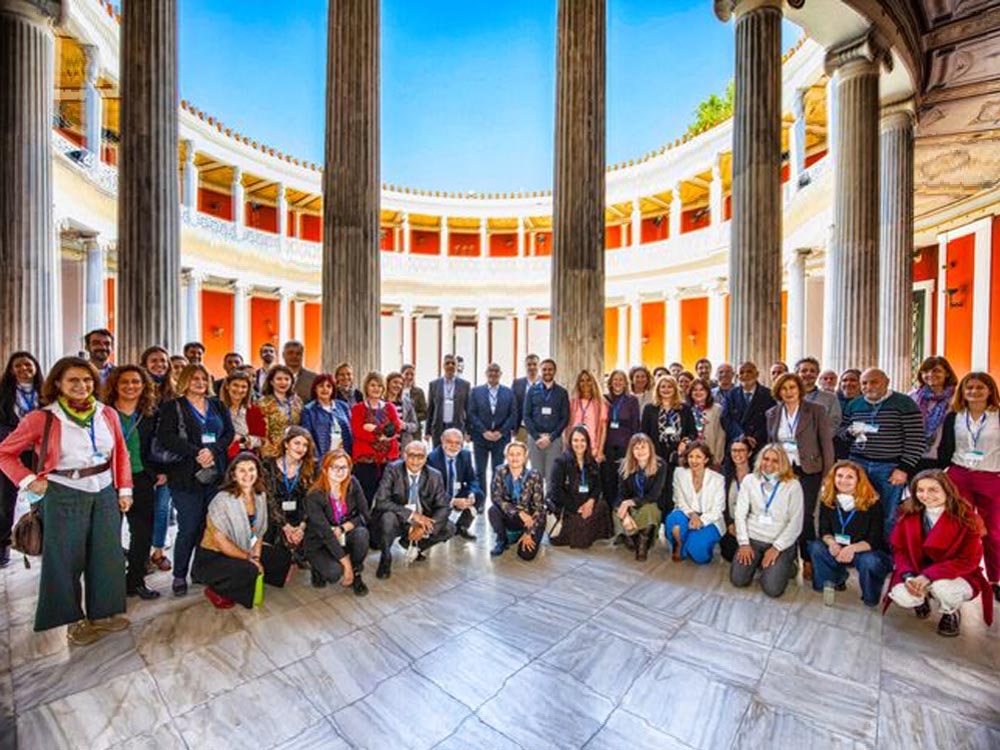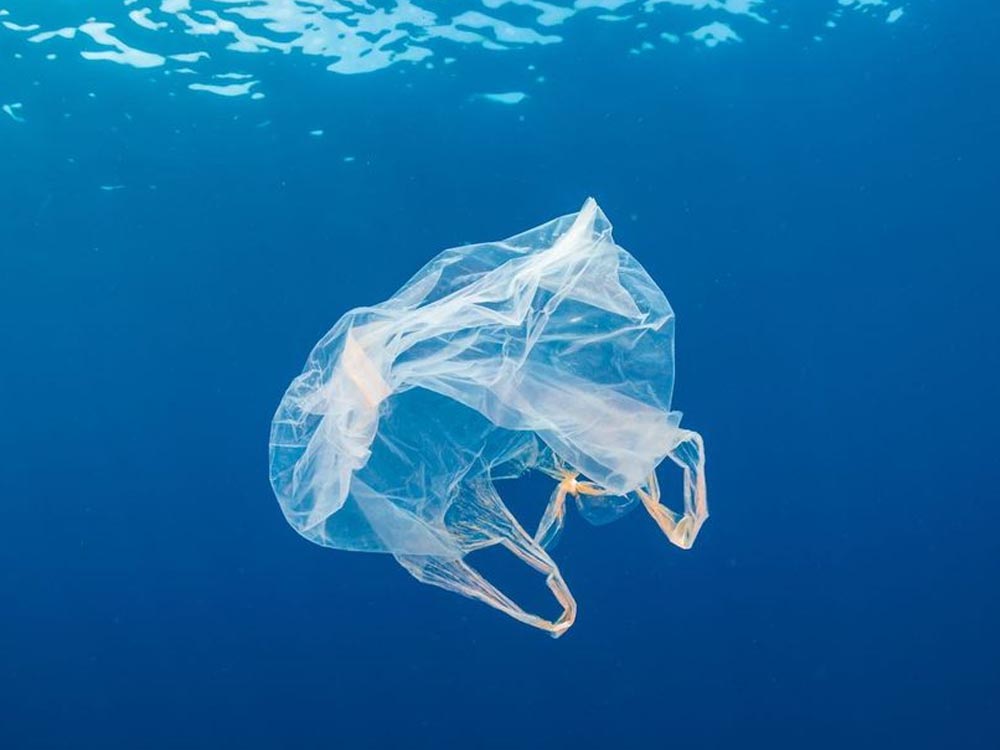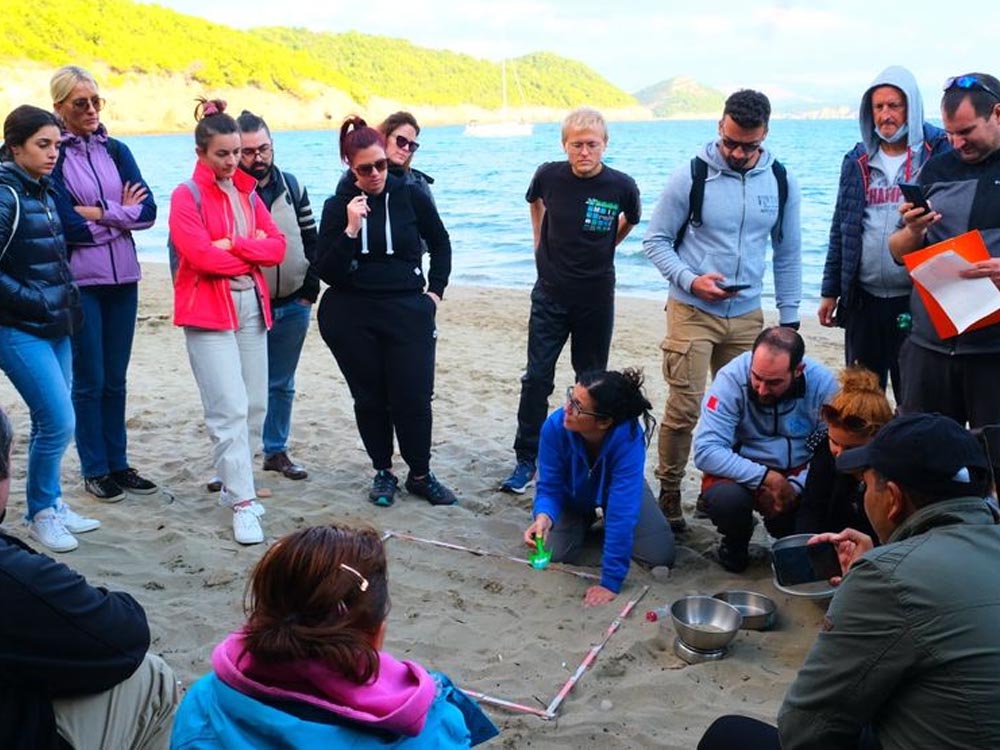Plastic Busters MPAs
Preserving biodiversity from plastics in Mediterranean Marine Protected AreasProject presentation
The Mediterranean is one of the seas most affected by marine litter worldwide. The threats marine litter poses to wildlife and ecosystems are increasingly documented in scientific literature, with impacts varying from entanglement and ingestion, to bio-accumulation and bio-magnification of toxics released from plastics, to damages to benthic habitats and species.
Plastic Busters MPAs entails actions addressing the whole management cycle of marine litter, from monitoring and assessment to prevention and mitigation; it also foresees actions to strengthen networking between and among coastal and pelagic MPAs in the Mediterranean.
The project deploys the multidisciplinary strategy and common framework of action developed within the Plastic Busters initiative led by the University of Siena and the Mediterranean Sustainable Development Solutions Network. This initiative frames the priority actions needed to tackle marine litter in the Mediterranean and was labelled under the Union for the Mediterranean in 2016, gathering the political support of 43 Euro Mediterranean countries.
Partnership
Lead partner
Italian National Institute for Environmental Protection and Research - ISPRA (Italy)
14 Partners
18 Associated partners
9 Pilot sites
8 Countries
Key messages
For managers
- Successfully tested mitigation actions are available to be implemented in MPAs. PBMPAs has operationalized through DEMO actions a set of different marine litter solutions, including the establishment of a derelict fishing gear management scheme, the creation of a SUPs-free HORECAs network, the promotion of best practices for the sustainable management of mussel farming nets, the setup of a reusable cup delivery system for beach bars, the development of a network of collection points for beverage containers, the adopt-a-beach scheme, etc.
For policy
-
A lot of progress has been achieved in terms of tackling marine litter in the region; but yet there is still a lot that needs to be done in order to reach good environmental status in Mediterranean marine waters
For science
-
Plastic Busters MPAs has elaborated and tested a harmonized approach for monitoring macro- and micro-litter in Mediterranean pelagic and coastal MPAs, based on recent scientific and policy advances. This includes state-of-play methodologies and approaches to monitor and assess marine litter on beaches, the sea surface, the sea floor and in biota.
-
When it comes to the latter, special emphasis is given to protocols that can be used for studying and assessing the impact of marine litter on living organisms. Plastic Busters MPAs has made available a first-of-its-kind comprehensive diagnostic analysis of the presence and effects of marine litter in Mediterranean MPA





